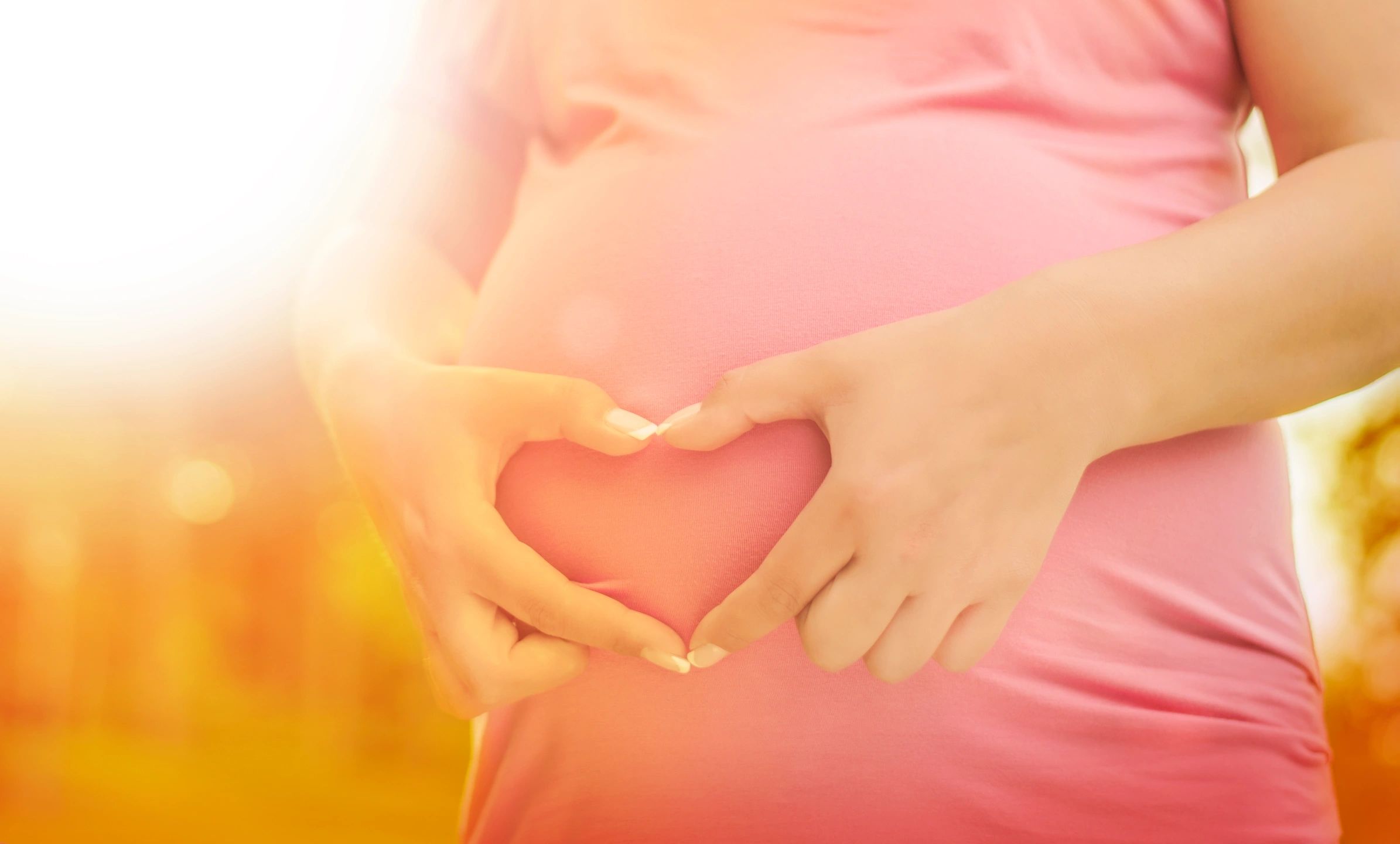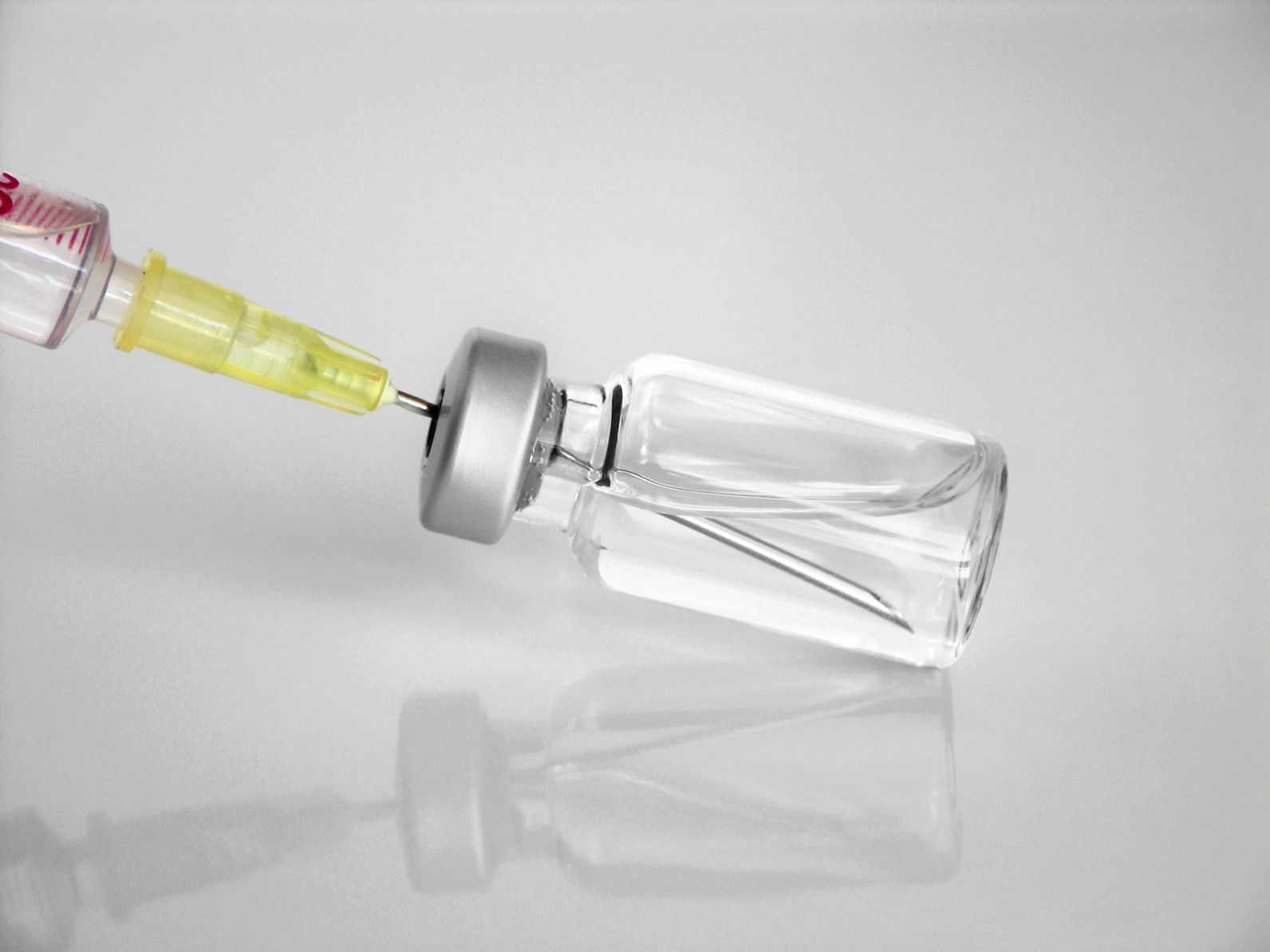
Fertility over 40: how to increase your chance of conceiving
There were nearly 700,000 births in the UK in 2015. The real headline should be that the fertility rate for women aged 40 and over rose above the rate for women aged under 20 for the first time in nearly 70 years. According the experts at the Office of National Statistics people have been increasingly delaying childbearing until later life, resulting in rising fertility rates among older women. They cite a number of factors, but the increasing importance of a career, the rising costs of child rearing mean that more and more women are choosing to delay their pregnancy until later in life. However as the body ages getting pregnant can be more problematic than for people in their teens and twenties. Many women considering pregnancy in their 40s will look to IVF (in vitro fertilisation) and indeed the number of procedures in the UK is rising, however there are lifestyle choices that every woman needs to consider should she want to improve her fertility and likelihood of having a healthy baby.
- Get sexual – Have sex every other day during your fertile window, understanding your own menstrual cycle is probably one of the most important things you can do. Studies show you’re most likely to get pregnant if you have sex within a day or so of ovulation. Ovulation usually happens about 14 days after the first day of your last period.
- Eat healthy and preferably organic – being overweight can seriously affect your chances of conceiving, Women whose BMI is more than 30 can have problems conceiving. So, lots of fruit and vegetables and cutting out the processed foods should assist both your chances of conceiving and the potential health of the foetus. This also leads on to the third important factor, vitamins.
- Consider giving yourself a pre-natal vitamin boost –Vitamin B12 and Folic acid are both recommended by the NHS to encourage the healthy development of the foetus and in particular its neural pathways. Vitamin D meanwhile helps regulate the growth of healthy bones and teeth.
- Lots of us understand that it’s vital to cut out alcohol when pregnant; however it is less well known that alcohol can really impede your ability to conceive. Recent research from the American Society for Reproductive Medicine has found that drinking three glasses of wine a week has a detrimental effect on pregnancy success for both men and women.
- Cutting smoking from your daily habits may seem like a no brainer, but recent studies have shone further light upon the detriment tobacco causes to birth rates in general. For those women looking to conceive later in life it is worth noting that those who smoke will reach menopause on average two years earlier than non-smokers.
- While moderate exercise is useful in reducing fat – strenuous exercise can cause real problems with your menstrual cycle – a US study of ballet dancers found that the strenuous physical exercise was the cause of the deterioration of their menstrual cycle. This may be an extreme example, but as part of a concerted effort to conceive every women needs to be aware of these deciding factors on their bodies.
If you’ve been trying for a child for more than a year without success, you should seek medical advice from your GP – after all, that’s what we’re here for.


